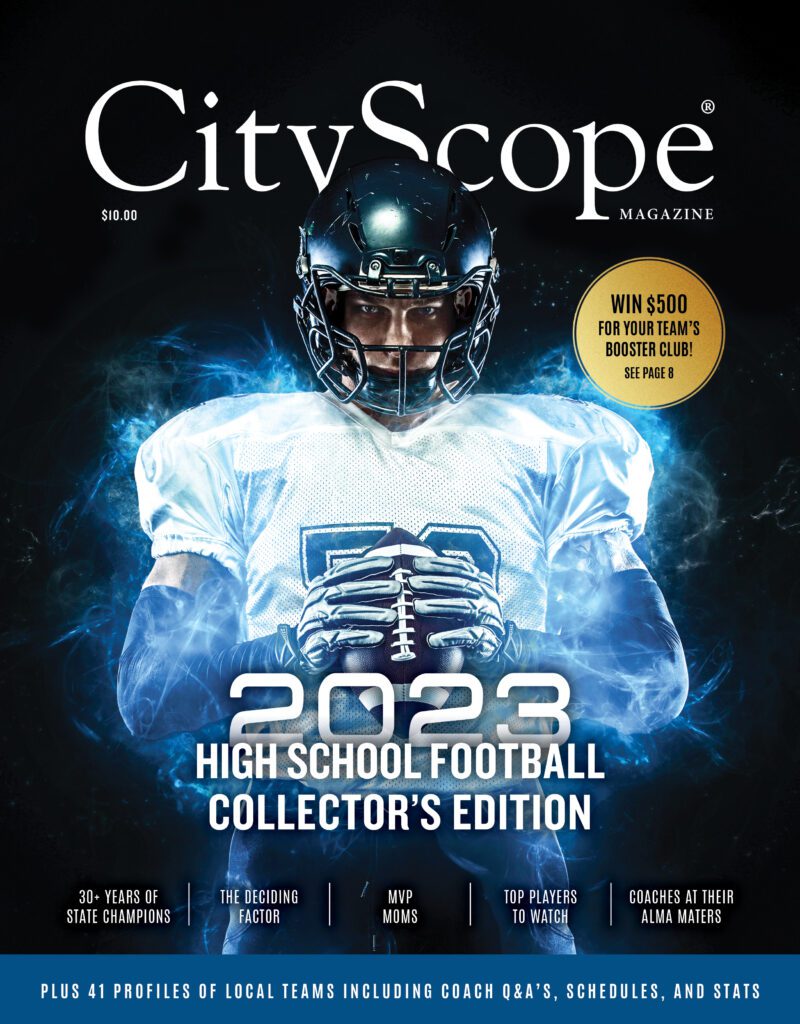Area Coaching Pairs Talk Family & Football
More times than not, football is a game passed down for generations. Adoration for the sport grows with each family member who shares in its glory. Whether it’s fathers teaching their sons the lay of the land or brothers duking it out on the gridiron, football does more than teach valuable life lessons; it can also serve as a foundation for bonding. Here, we chat with six pairs who are actively coaching in the area about how football has further strengthened their relationship with family now that they both share the sideline.
Photography by Rich Smith





